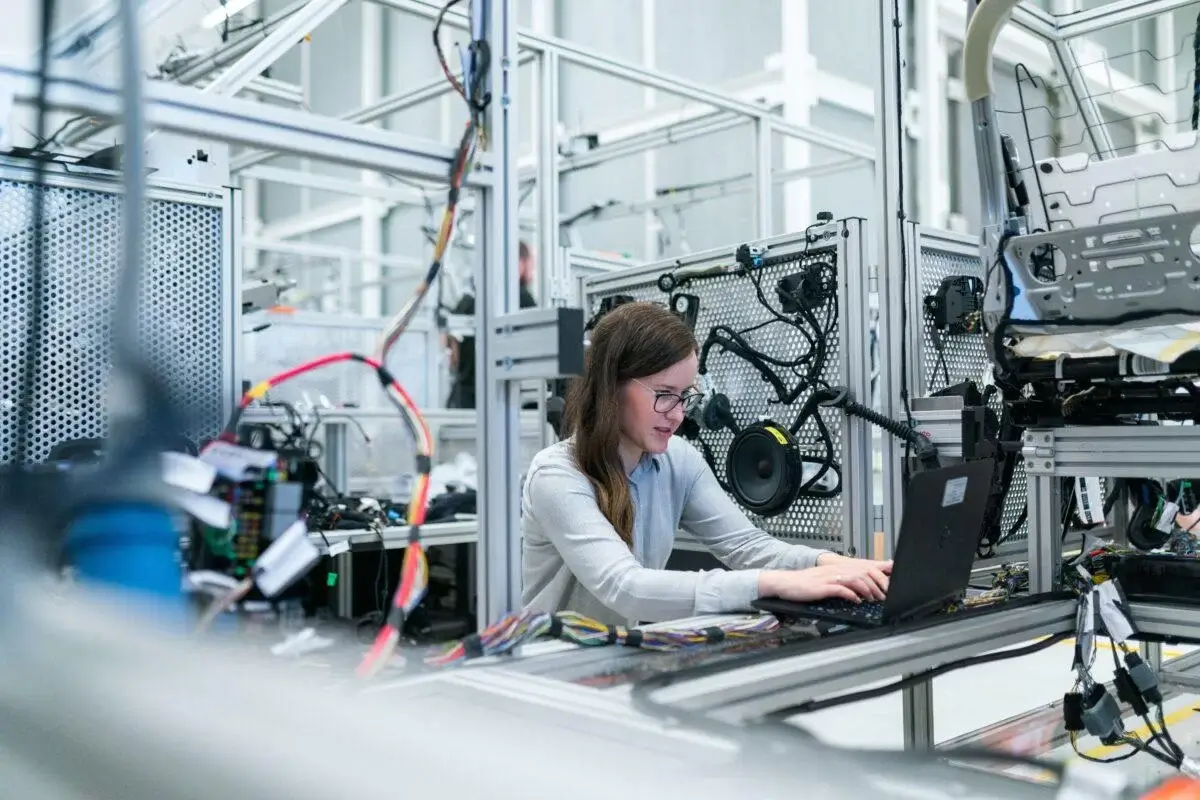According to a recent survey, 35 percent of companies are using artificial intelligence (AI) whereas 42 percent of companies are exploring some form of AI. AI technologies like machine learning (ML) and robotic process automation (RPA) are reducing the time it takes to complete repetitive tasks, saving organizations a lot of time and unnecessary hires. Other tasks like system monitoring, anomaly detection, and performance optimization require professionals trained in using and managing AI tools and systems.
Examples of day-to-day AI in the workplace include chatbots, virtual assistants, recommendation engines, data analytics, and cloud computing among others. Clearly, these systems help automate customer support, enhance user experience, and personalize services. Subsequently, the demand for IT talent skilled in adopting cloud-based solutions for businesses and using other AI tools is growing. Additionally, the demand is also high for cybersecurity professionals with the ability to build IT solutions using AI to protect organizations against rising threats.
Therefore, AI is reshaping the demand for IT skills as well as talent as organizations look for a workforce that has the right hard skills and abilities to utilize AI tools.
Automation
Artificial intelligence is automating routine and repetitive tasks traditionally performed by IT professionals. Meanwhile, this automation allows IT teams to focus on more complex and strategic projects. As a result, there is a shift in demand for IT professionals who can design, develop, and manage such systems and solutions. These include robotic process automation which can streamline workflows and errors.
Artificial intelligence-driven automation solutions like natural language processing can help chatbots interact with customers in natural language. Similarly, autonomous systems in self-driving cars, drones, and robots use AI to perceive their environment, make decisions and perform tasks without human intervention.
Data Management and Analysis
Artificial intelligence relies heavily on data, and organizations need IT professionals who can effectively manage and analyze large volumes of data. Evidently, data engineers and data scientists are in high demand to build data infrastructure, develop AI models, and derive valuable insights from data.
Furthermore, by analyzing historical sales data, market trends, and external factors, AI can generate accurate demand forecasts, suggest optimal inventory levels, reduce costs and improve customer satisfaction. Also, artificial intelligence can identify patterns that indicate potential failures, allowing proactive maintenance actions to be taken.
Cybersecurity
Organizations are deploying AI-powered cybersecurity systems to detect and mitigate cyber threats. Clearly, this has increased the demand for IT professionals with expertise in AI-driven cybersecurity solutions, including threat detection, anomaly detection, and model security. Artificial Intelligence can automate the process of identifying vulnerabilities in software systems and prioritize them based on potential risks. Likewise, it can also recommend patches or security updates to mitigate those vulnerabilities.
AI-powered intrusion detection systems (IDS) and intrusion prevention systems (IPS) can detect and prevent unauthorized access attempts, malware infections, and other malicious activities. Furthermore, artificial intelligence can assist in identifying and combating malware. Also, it can analyze file attributes, behavior, and code patterns to detect known malware variants and even identify new threats that have not been previously encountered.
Ethical Considerations
Chiefly, artificial intelligence systems are trained on large datasets. Moreover, if those datasets contain biased or discriminatory information, then AI can correct those biases. Thus, it is essential to address bias in data collection and algorithm design to ensure fairness in decision-making processes.
Nevertheless, as these systems become more autonomous, questions arise about who is responsible for their actions and outcomes. Establishing clear lines of accountability and defining legal frameworks for AI-related incidents is crucial to prevent potential harm. By doing this, one ensures that responsible parties can be held accountable.
Organizations are increasingly looking for IT professionals who understand these ethical considerations. Such professionals can ensure that artificial intelligence systems are developed and deployed responsibly. Roles such as AI ethicists, AI compliance officers, and AI governance specialists are emerging to address these concerns.
Conclusion
As AI systems become more advanced, IT professionals will need to collaborate with such technologies effectively. This includes understanding how to leverage the right tools and platforms to enhance their own work and decision-making processes. IT professionals who can work alongside these systems and integrate them into existing workflows will be in high demand.
If you are new to SkillGigs, then sign up — it is completely free. It will be your opportunity to see top travel nurse gigs currently available in the market to help you get to the next level of success.




